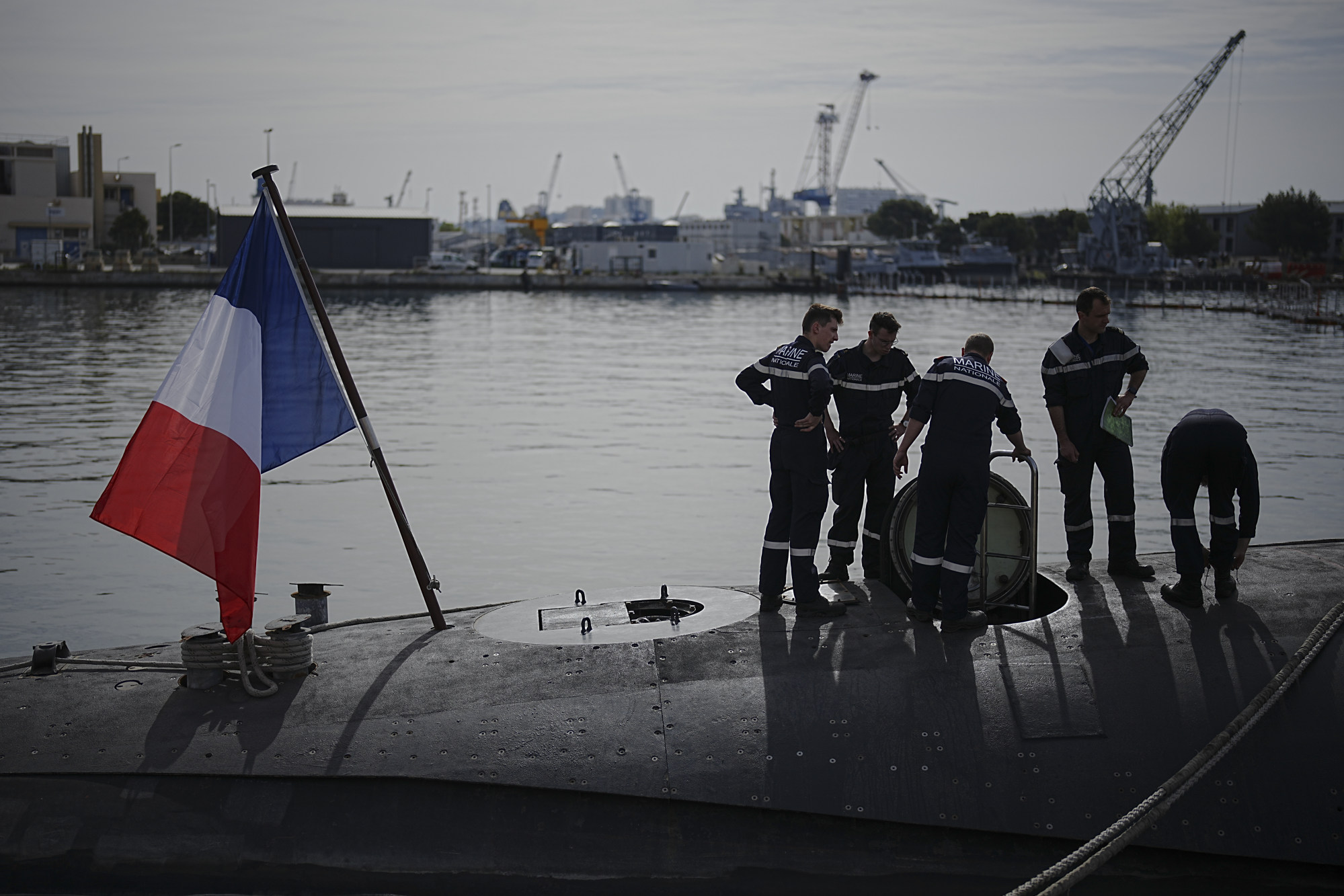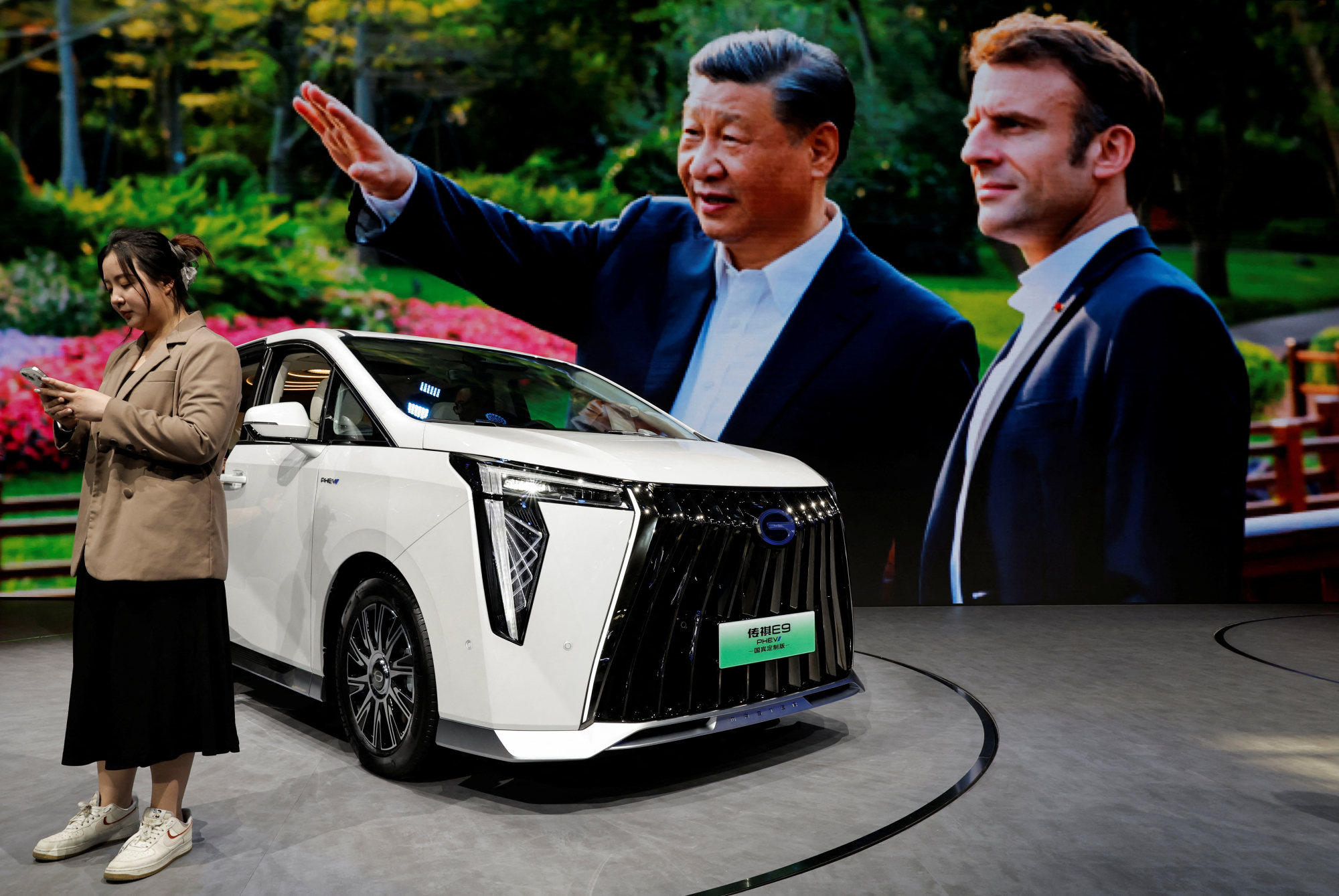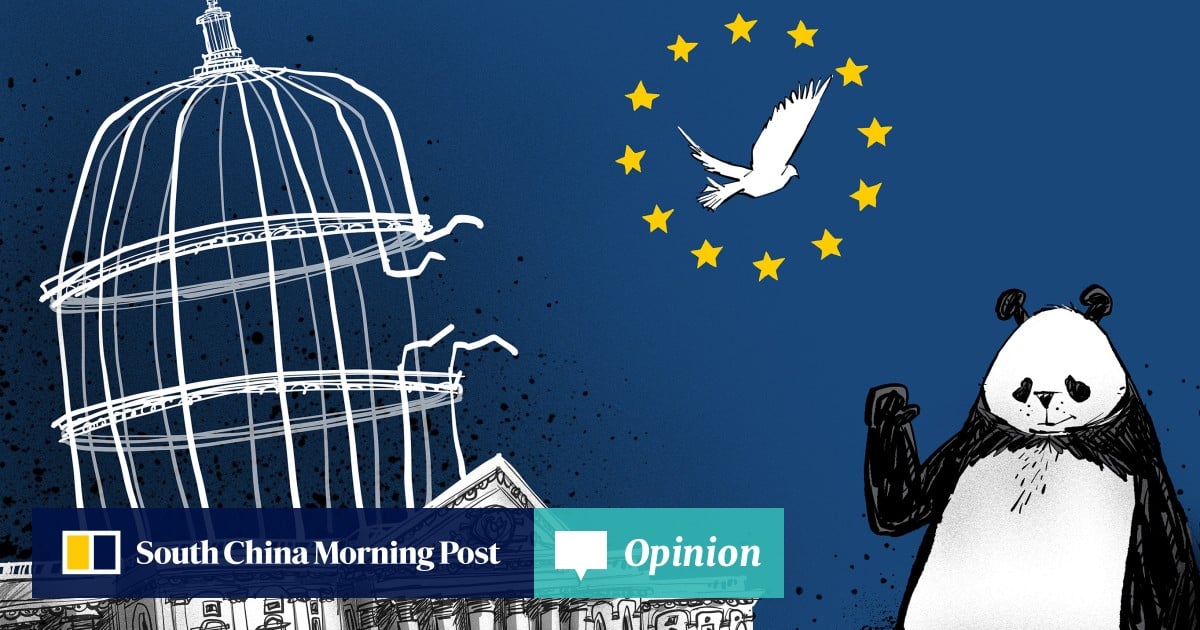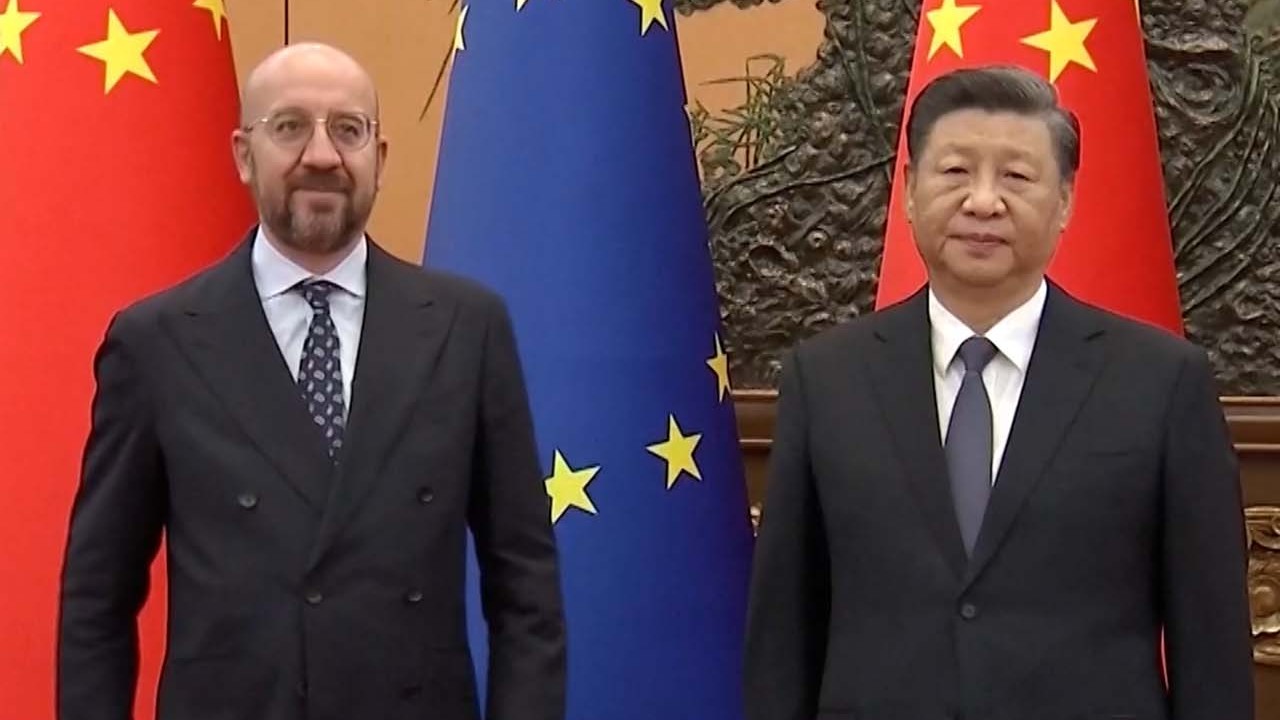Indeed, rallying unanimous support among member states, each with varying priorities on threats and security, poses significant hurdles. In this regard, Germany has been notably hesitant, with an apparent absence of EU leadership.
Advancing deeper EU integration by fostering a more sovereign and united bloc signals a stride towards greater federalisation to mitigate the impact of volatile geopolitics.
Building this unity is no longer a matter of debate; it is an imperative necessity. This entails developing a credible defence and other concrete measures proposed by Macron to fortify EU military capabilities. After all, “Europe is mortal. It can die,” as he said. To avert this fate, an autonomous defence is necessary for several reasons.

First, relying on the protection of another power is outdated – the EU must ensure its own security independently. Such independence would elevate the bloc’s geopolitical role and fulfil key security functions of being “credible, dissuasive [and] present”. As such, Europe need not be held hostage to fluctuating American leadership every four years.
In line with these objectives, Europe’s pursuit of strategic autonomy through deeper integration and a common defence would carry significant implications for its interactions with the US, Nato and China.
Second, Macron did not conceal his intentions during his address: to forge a Europe that is not a US vassal. He also criticised the influence of American culture in Europe. Consequently, one significant outcome of his strategy would be the progressive alteration of the EU’s transatlantic approach, veering from US policies incongruent with European interests.
Additionally, it carries repercussions for Nato, which remains the bedrock of the European security architecture. Countries may aim to bolster defence capabilities and cooperation autonomously and, contingent on Trump’s stance, maintain a commitment to collective defence within the alliance’s framework.

Lastly, prioritising strategic autonomy will empower Europe to engage with China on its own terms, liberated from external influences, fostering a more balanced approach, enabling Brussels to pursue its economic, trade, political and security interests more independently.
This potential transition may lead to a more assertive and pragmatic China policy, driven by realpolitik, progressively reducing the weight of the economy and trade on the EU’s strategy. Such a shift could pave the way for the EU and China to perceive each other as peers in terms of power.
Until now, their relationship has been conditioned by differing political ideologies and approaches to international relations. The EU has adhered to a liberal framework, contrasting with China’s realist political stance, which has constricted their relationship to trade.
Thus, Macron’s vision holds the potential to shape Europe’s role and its relations with both superpowers, yet this strategy is not without challenges. The US’ traditional sway, Europe’s internal divisions, budget constraints and geopolitical limits pose formidable obstacles to realising any ambitious agenda. Pragmatic solutions are needed to chart a new path forward.
Before implementing this new vision, confidence-building measures are necessary, such as restarting China-EU bilateral trade talks with clear objectives. Structured negotiations should tackle market access barriers and ensure reciprocity. Setting up a green technology partnership would be crucial for mitigating the economic weaponisation of clean energy.
While the US prioritises “America first, and China”, Europe stands at a crossroads. Embracing strategic autonomy isn’t merely a policy shift – it is Europe’s declaration of sovereignty, shaping its own destiny with renewed determination in an ever-changing world.
Sebastian Contin Trillo-Figueroa is a geopolitics analyst with a specialisation in EU-Asia relations


